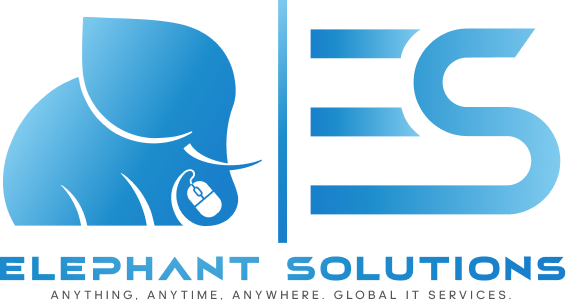How CIOs can achieve work-life balance and avoid burnout
CIOs are struggling for work-life balance now more than ever, but it’s harder than it sounds.
Work-life balance, the loose principle through which you evenly split your time and focus between work and personal activities, benefits individuals and corporations in equal measure.
A healthy work-life balance can improve health, productivity, job retention and turnover, and in-turn stave off emotional burnout, say experienced CIOs. And yet, attaining a healthy equilibrium between personal life and career work has seemed further out of reach than ever.
The economic and social fallout from the COVID-19 pandemic has afforded CIOs more opportunity and accountability in the boardroom, and put additional pressure on project delivery teams to expedite multiyear digital transformation programs. Business expectations for IT teams have subsequently blossomed, but this in itself represents something of a double-edged sword.
Working in isolation while leading teams
Other CIOs expressed difficulties in working in isolation, pointing to the lack of human contact, the transactional nature of videoconferencing and yet the same pressure to lead, motivate and support teams as well as an ecosystem of partners. For some, fighting the itch to do more has been difficult, even during downtime.

To achieve work-life balance, set priorities
Work-life balance can be achieved through delegation and prioritization, as well as setting clear boundaries and taking breaks, CIOs say. But it is also about having a clear idea of what you want to achieve.
The balance has been about setting an end time in the evening, blocking out time in the day to get away from the desk and making time for informal conversations with team members.
How to create work-life balance for your team
These conversations can be part of something bigger. Building trust, transparency and empowerment within teams can help all parties. Somebody goes one step further by suggesting that rewards for a job well done can bring about a healthy work-life balance for all staff.
NextHealth’s James, who recently became the first male employee at the company to take paid parental leave, says this goes back to the “softer” skills required by CIOs today, such as empathy and flexibility, which can in turn lead to improved talent retention.
“People are more than just their jobs and the pandemic is forcing many companies to come to grips with that,” James says. “Many workers are pushing for roles that allow them to have greater flexibility in their careers and the companies that embrace that will retain and attract the greatest talent.”
The work-life balance is ultimately about being smart. “A more balanced life is not just helpful — it’s essential to reaching your full potential. Not only is being happier just as important as being successful, being happier and more balanced actually leads to greater levels of success.”
We invite you to follow us on social networks so you can keep up with all our latest projects and news.

